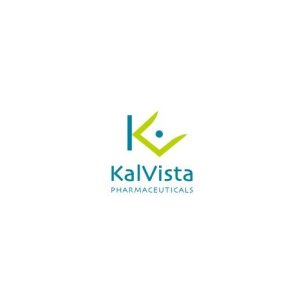Data Use in Health: Understanding its Importance and Application

STORY INLINE POST
We are currently able to carry out a wide range of online activities through our mobile devices, which increasingly generate and store data about users. This accumulation of information has impacted several areas of science and the use of data in health has become inevitable.
Consequently, the presence of data intelligence in institutions is a necessity, as well as an ally of managers for decision-making. Therefore, it is essential to understand concepts such as big data and the importance of knowing how to use data in the health sector.
Keep reading to understand how to handle this information strategically. Also learn how to apply data properly and meaningfully in the day-to-day of your institution.
Big Data and the Use of Data in Healthcare
Big data can be defined as a large, growing and more complex volume of data. Traditional data processing software simply cannot manage it, which requires special analysis tools. However, they must be able to deal with such a quantity and variety of information in order to impact the business of a company or institution on a day-to-day basis.
In this sense, the importance of using data in the health sector is due to the fact that knowing how to collect, organize and interpret the data obtained creates opportunities for important insights into various issues in the daily life of hospitals and promotes scientific advances.
These issues include understanding operational costs, evaluating clinical data, improving diagnoses and treatments and identifying the cause of eventual failures in a faster and more assertive way.
Considering that in the health arena all these actions must be carried out with precision and transparency, big data contributes to the reduction of expenses and optimization of services. In addition, it enables more effective management and better quality care for the patient.
How to Use Data
Extracting meaningful information from these databases requires effort and appropriate tools. Therefore, only from a strategic analysis mechanism is it possible to select what will actually help in decision-making by managers. This strategy involves knowing how to handle data in a secure and structured way.
This means considering the privacy of information, as patient medical records include sensitive data, which must be handled securely.
On the other hand, good data structuring is essential to allow compatibility with digital methods for optimizing the analysis. That is why it is so important to digitize information in the routine of hospitals and clinics, with the use of electronic medical records and cloud storage, for example.
You also need a methodology and clear objectives to know where you want to go, and then be able to transform the information into a solution and real changes. That's because big data itself involves raw data, which needs to be worked on to then become useful information for decision-making.
Therefore, the greatest use of big data in the health sector does not reside in the amount of data that the institution has, but in the way in which it is managed and used.
Application Areas
The use of data in health has positively impacted several fields, from preventive medicine to clinical and pharmaceutical research.
Below, we present an overview of the main contributions that data intelligence has brought to some segments of health.
Occupational Health: In occupational health, data intelligence supports the company in making decisions from changing processes in the areas of safety and hygiene, implementing training, reducing accidents at work and implementing actions against burnout to provide insight into well-being management.
Internet of Things: The concept of the Internet of Things (IoT) refers to a stage in which most objects of everyday use will be connected to the internet, with the ability to gather and share data.
This idea applied to health can bring great advantages. If people agree to provide the data already obtained by the IoT, doctors will be able to identify more specific signs that lead to the onset of diseases. In addition, they will be able to count on more forms of continuous monitoring of the patient.
Machine Learning: Machine learning is a method of data analysis that promotes the automation of analytical models, giving computers the ability to learn automatically, through constant improvement based on experiences already obtained.
The use of the data obtained by these machines in healthcare can help in decision-making that positively impacts the diagnosis and more personalized treatment of patients. Hospital management can also be favored by automating administrative tasks, for example.
In view of these applications, it is evident that the use of data in the health sector brings benefits both to the administration of institutions and to the patient.
Taking into account the greater use of mobile devices connected to the internet, we know that the generation and storage of data is practically inevitable and only tends to increase.
Therefore, it is extremely important for the health sector to understand how it should deal with this growing volume of data in order to transform so much information into effective solutions that save lives.






















